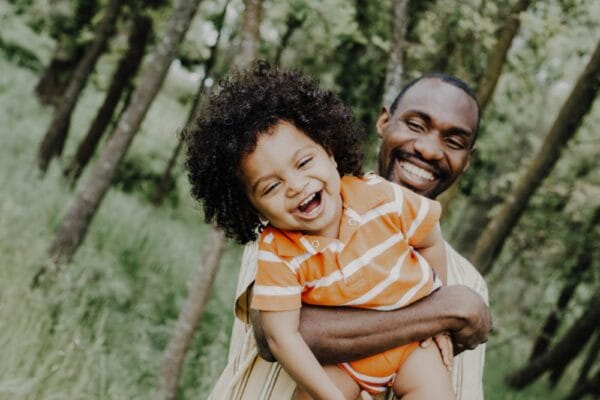The Benefits of Primary Physical Custody: Secure Your Child’s Future
When parents separate or divorce, one of the most sensitive issues to resolve is the arrangement for raising their children. Among various custody arrangements, primary physical custody can significantly impact the child’s emotional stability and development.
In this article, we’ll dive deep into the benefits of primary physical custody, making it simple to understand for anyone looking to grasp its implications.

Understanding Primary Physical Custody
![]()
Primary physical custody refers to an arrangement where a child lives with one parent most of the time, while the other parent typically has visitation rights. The parent with whom the child resides is known as the primary custodian and is responsible for the day-to-day care of the child. Now let’s explore the benefits this arrangement can offer.
The Benefits of Primary Physical Custody
![]()
1. Stability and Consistency
Children thrive on routine and stability. Having a single home base with one parent provides a stable environment, which is crucial for a child’s sense of security. This stable environment can help children:
- Develop a routine: A consistent schedule helps children know what to expect, which can reduce stress and anxiety.
- Build stronger relationships: Spending more time with the primary custodian allows for deeper bonds to form.
- Perform better academically: A stable home life often translates to better focus and performance in school.
2. Focused Parenting
The primary custodian can concentrate on parenting, knowing they have the primary responsibility for their child. This focus on parenting leads to:
- Enhanced attention: The primary custodian can give more one-on-one attention to the child’s needs.
- Better decision-making: With a clear understanding of the child’s daily life, the primary custodian can make informed decisions about their welfare.
3. Reduced Conflict
When custody is shared, there’s potential for more conflict due to differing parenting styles and schedules. Primary physical custody can reduce these points of contention, leading to:
- Less stress for the child: Reduced parental conflict means less emotional stress for the child.
- Clear boundaries: With one parent taking the lead, there’s less confusion about rules and expectations.
4. Better Resource Management
Having one primary home can be more economically practical. It allows for:
- Consolidated expenses: Resources are focused on maintaining one primary residence for the child.
- Efficient time management: The primary custodian can plan activities and appointments without the need for constant coordination with the other parent.
5. Emotional Well-being
Children in a stable, loving home are more likely to have higher self-esteem and better emotional health. This well-being is fostered through:
- Secure attachments: A child with one primary caretaker can develop a secure attachment, which is essential for emotional development.
- Support network: The primary home often becomes a hub for extended family and friends, providing a strong support system.
Case Studies and Examples
![]()
Real-world examples and case studies illustrate the positive outcomes of primary physical custody. For instance, consider the story of Jane, a nine-year-old whose parents decided on primary physical custody after their separation. Jane lives with her mother and visits her father every other weekend. This arrangement allowed her to maintain her school and social activities without interruption, leading to a noticeable improvement in her grades and overall happiness.
In another case, a study published in the Journal of Family Psychology found that children in stable, single-parent homes showed fewer behavioral problems than those in high-conflict, joint custody arrangements.
Supporting Statistics
![]()
Statistics often shed light on the impact of custody arrangements. According to the U.S. Census Bureau, children in primary physical custody situations tend to have more predictable contact with their non-custodial parent, which can enhance the quality of that relationship. Additionally, research indicates that children with a stable primary residence are less likely to experience anxiety and depression compared to those in shared custody with high parental conflict.
Conclusion: Weighing the Benefits
![]()
In conclusion, the benefits of primary physical custody are significant. From providing a stable and consistent environment to fostering emotional well-being, this arrangement can offer a child the best chance at thriving post-divorce or separation. While every family’s situation is unique, and custody decisions should be made in the child’s best interest, understanding the advantages of primary physical custody can help parents make informed decisions that benefit their children in the long term.
Parents considering primary physical custody should communicate openly, work with legal and child development professionals, and always keep the child’s needs at the forefront of their decision-making process. With careful planning and consideration, primary physical custody can serve as a solid foundation for a child’s future growth and happiness.





